Affordable Liver Transplants for Liver Cancer in Turkey
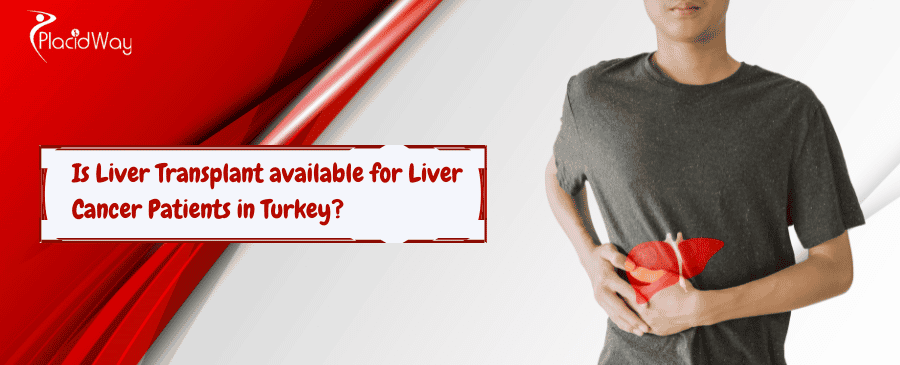
If you or a loved one is battling liver cancer, the idea of a liver transplant might bring both hope and a lot of questions. In Turkey, liver transplantation has emerged as a significant and accessible treatment option for patients with certain types of liver cancer. This advanced medical procedure involves replacing a diseased liver with a healthy one from a donor, offering a new lease on life for many. Turkey has become a prominent destination for medical tourism, particularly for complex procedures like liver transplants, due to its world-class medical facilities, experienced surgeons, and competitive pricing. Many patients from around the globe are choosing Turkey for their liver cancer treatment, benefiting from high success rates and comprehensive care that adheres to international standards. This guide aims to answer all your pressing questions about liver transplants for liver cancer patients in Turkey, providing clear and detailed information to help you make informed decisions.
Is liver transplant available for liver cancer patients in Turkey?
Turkey has well-established liver transplant programs that cater to patients with various liver conditions, including certain types of liver cancer. For liver cancer, specifically hepatocellular carcinoma (HCC), a liver transplant can be a curative option, especially when the cancer is confined to the liver and meets certain size and number limitations (like the Milan criteria). These criteria generally involve a single tumor less than 5 cm in diameter, or up to three tumors, none larger than 3 cm. Clinics in Turkey are equipped with advanced technology and highly skilled surgical teams to perform these intricate procedures.
It's important to note that for international patients, deceased donor organs are primarily available to Turkish citizens. Therefore, living donor liver transplantation (LDLT) is the most common approach for international patients seeking a liver transplant in Turkey. This involves a healthy, compatible family member donating a portion of their liver, which then regenerates in both the donor and recipient.
What are the types of liver cancer that can be treated with a transplant?
While liver transplantation is a powerful treatment, it's not suitable for all types or stages of liver cancer. The most common type of liver cancer eligible for transplantation is Hepatocellular Carcinoma (HCC). HCC often develops in individuals with chronic liver diseases, such as cirrhosis, hepatitis B, or hepatitis C.
For a liver transplant to be considered for HCC, the cancer typically needs to meet specific criteria to maximize the chances of a successful outcome and minimize recurrence. The widely accepted criteria include:
- Milan Criteria: This is the most common set of criteria used globally. It specifies either a single tumor 5 cm or less in diameter, or up to three tumors, none larger than 3 cm. There should be no evidence of vascular invasion (cancer spreading into blood vessels) or extrahepatic spread (cancer outside the liver).
- Expanded Criteria: Some centers also use slightly expanded criteria, such as the University of California, San Francisco (UCSF) criteria, which allow for slightly larger or more numerous tumors, still with the goal of achieving good long-term outcomes.
Other rare forms of liver cancer, or those that have spread aggressively, are generally not candidates for liver transplantation, as the risk of recurrence is too high. In such cases, other treatment modalities like surgical resection, chemotherapy, radiation therapy, or targeted therapies are usually explored.
What is the cost of a liver transplant for liver cancer patients in Turkey?
Turkey is renowned for offering high-quality medical care at a fraction of the cost found in countries like the United States, Canada, or Western Europe. The cost of a liver transplant for liver cancer patients in Turkey can vary depending on several factors:
- Hospital and Clinic: Prices differ between hospitals, with some being more premium than others due to their reputation, facilities, and specialized services.
- Type of Transplant: Living donor liver transplantation (LDLT) is the prevalent type for international patients, and its cost generally includes the donor's evaluation and surgery as well.
- Patient's Condition: The complexity of the patient's case, including any co-existing medical conditions or complications, can influence the overall cost.
- Included Services: The quoted price often covers the surgery, hospital stay for both recipient and donor, pre-operative evaluations, initial medications, and sometimes accommodation and translator services. It's crucial to get a detailed breakdown of what's included.
On average, you can expect the cost to be in the range of $50,000 to $100,000 USD. This compares favorably to costs that can exceed $500,000 in the US or Europe. This affordability, coupled with high success rates, makes Turkey an attractive option for many patients globally.
What is the success rate of liver transplants for liver cancer in Turkey?
Turkish transplant centers have consistently reported impressive success rates for liver transplantation, including for liver cancer patients who meet the eligibility criteria. These rates are a testament to the expertise of the surgical teams, the advanced medical infrastructure, and comprehensive post-operative care.
- One-year survival rate: Many leading hospitals in Turkey report one-year survival rates exceeding 90% for liver transplant recipients, including those with HCC.
- Five-year survival rate: The five-year survival rates are generally in the range of 70-75%, which is comparable to, and in some cases even higher than, the outcomes observed in many Western countries.
- Long-term survival: With proper follow-up and adherence to immunosuppressive medication regimens, many patients live for 10 years or more post-transplant.
It's important to remember that individual success rates can vary based on factors such as the patient's overall health, the stage of cancer at the time of transplant, and adherence to post-transplant care. However, the overall trend in Turkey indicates highly positive outcomes for liver cancer patients undergoing transplantation.
How long does the liver transplant process take in Turkey?
The timeline for a liver transplant in Turkey involves several stages, from initial consultation to full recovery. Here's a general breakdown:
- Initial Evaluation (5-7 days): Upon arrival in Turkey, the patient and potential living donor will undergo a thorough medical evaluation. This includes extensive blood tests, imaging studies (CT, MRI, ultrasound), cardiovascular assessments, and psychological evaluations to determine suitability for the transplant.
- Pre-transplant Preparation: Once both the recipient and donor are deemed suitable, and ethical committee approval (for living donors) is obtained, the surgery can be scheduled. This preparation phase can vary, but generally, clinics aim for a quick turnaround for international patients.
- Surgery Duration (7-9 hours): The liver transplant surgery itself is a complex procedure. For a living donor transplant, both surgeries (donor hepatectomy and recipient transplant) are performed simultaneously by separate surgical teams.
- Hospital Stay (Recipient: 15 days to 1 month; Donor: 7-10 days): After surgery, both the recipient and donor will spend time in the Intensive Care Unit (ICU) for close monitoring, usually for a day or two, followed by a stay in a regular hospital room. The recipient's hospital stay is typically longer due to the intensity of the procedure and the need for careful management of immunosuppressive medications.
- Post-Discharge Stay in Turkey (At least 2 months total): After discharge from the hospital, the recipient will need to stay in Turkey for several weeks (usually 2-4 weeks post-discharge, totaling at least 2 months from arrival) for close follow-up appointments, medication adjustments, and monitoring for any complications. The donor usually recovers more quickly and can return home sooner, often within 1-2 weeks of discharge.
- Full Recovery (6 months to 1 year): While initial recovery allows patients to resume many normal activities, full recovery and adaptation to the new liver and medication regimen can take up to six months to a year.
What are the eligibility criteria for liver transplant for liver cancer in Turkey?
The eligibility criteria for a liver transplant are stringent to ensure the best possible outcomes for both the recipient and, in the case of living donation, the donor. For liver cancer patients in Turkey, these criteria usually include:
Recipient Criteria:
- Diagnosis of HCC: The patient must have hepatocellular carcinoma (HCC) that meets specific staging criteria, typically the Milan criteria (single tumor ≤ 5 cm, or up to 3 tumors all ≤ 3 cm, with no vascular invasion or extrahepatic spread). Some centers may consider expanded criteria.
- End-Stage Liver Disease: Often, the liver cancer has developed in the context of underlying chronic liver disease leading to end-stage liver failure.
- Overall Health: The patient must be in a suitable physical condition to withstand a major surgery and its recovery. This includes a comprehensive evaluation of heart, lung, and kidney function.
- No Active Infections: Any active infections must be treated before transplantation.
- No Other Active Cancers: The absence of other active malignant cancers outside the liver is crucial.
- No Substance Abuse: Patients should not have active alcohol or drug abuse issues.
- Psychological Stability and Compliance: The patient must be psychologically ready for the lifelong commitment of post-transplant care, including adherence to immunosuppressive medications.
- BMI: A Body Mass Index (BMI) typically under 32 (though this can vary slightly by center) is often preferred.
Living Donor Criteria (for international patients):
- Age: Generally between 18 and 55-60 years old.
- Good Overall Health: The donor must be in excellent physical and mental health.
- Blood Group Compatibility: Blood type must be compatible with the recipient.
- Adequate Liver Volume: The donor's liver must be large enough to ensure sufficient liver function remains for the donor after donation and enough for the recipient.
- No Liver Disease: The donor must have a healthy liver free of any chronic diseases, fatty liver, or infections.
- Kinship: In Turkey, for international patients, living donors are typically required to be a family member up to the fourth degree of kinship or a spouse, to comply with ethical and legal regulations.
- Voluntary Consent: The donation must be entirely voluntary and altruistic.
What diagnostic tests are performed before a liver transplant for liver cancer in Turkey?
A thorough evaluation is essential to determine the suitability of both the recipient and the living donor for a liver transplant. The diagnostic process in Turkey is comprehensive and typically includes:
For the Recipient:
- Blood Tests:
- Liver and kidney function tests (e.g., ALT, AST, bilirubin, creatinine)
- Complete blood count (CBC)
- Coagulation profile (PT, INR)
- Blood typing and cross-matching (for donor compatibility)
- Viral hepatitis markers (Hepatitis B, C)
- Tumor markers (e.g., Alpha-fetoprotein - AFP, especially for HCC)
- Infectious disease screening (HIV, CMV, EBV, etc.)
- Electrolytes and other metabolic panels
- Imaging Studies:
- Ultrasound of the Liver: To visualize the liver structure and detect tumors.
- CT Scan (Computed Tomography) and/or MRI (Magnetic Resonance Imaging): Detailed imaging of the liver and abdomen to assess tumor size, number, location, and rule out vascular invasion or spread to other organs.
- Chest X-ray or CT Scan: To evaluate lung health and rule out any metastatic spread to the lungs.
- PET Scan (Positron Emission Tomography): Often used to detect any hidden spread of cancer throughout the body.
- Cardiovascular Assessment:
- Electrocardiogram (ECG)
- Echocardiogram (Echo)
- Stress test or cardiac catheterization if needed, to assess heart health and ensure it can withstand surgery.
- Other Consultations:
- Nutritional assessment
- Psychological evaluation
- Dental examination to rule out sources of infection
- Other specialist consultations as needed, depending on the patient's medical history.
For the Living Donor:
Similar extensive tests are performed on the potential donor to ensure their health and safety, including detailed blood tests, liver function tests, liver imaging (CT/MRI volumetry to measure liver size and assess vascular anatomy), and psychological evaluation.
What are the risks associated with liver transplants for liver cancer?
While liver transplantation is a life-saving procedure, it is a major surgery and carries inherent risks. These risks are carefully discussed with patients and families before the procedure, and medical teams take extensive measures to mitigate them. For liver cancer patients, there's the added consideration of cancer recurrence. Key risks include:
Surgical Risks:
- Bleeding: The liver is highly vascular, making significant bleeding a potential complication during surgery.
- Infection: Any major surgery carries a risk of infection at the surgical site or in other parts of the body. Post-transplant, patients are on immunosuppressive drugs, which further increases infection risk.
- Bile Duct Complications: Problems with the bile ducts (e.g., leakage or narrowing) can occur and may require further intervention.
- Blood Vessel Complications: Issues like thrombosis (blood clots) in the hepatic artery or portal vein can affect the blood flow to the new liver.
- Anesthesia Risks: Reactions to anesthesia, including respiratory or cardiac issues.
Post-Transplant Risks:
- Organ Rejection: The recipient's immune system may recognize the new liver as foreign and try to attack it. This is managed with lifelong immunosuppressive medications, but rejection episodes can still occur.
- Side Effects of Immunosuppressants: These medications are crucial but can have various side effects, including kidney problems, high blood pressure, diabetes, increased risk of infections, and certain cancers (lymphoma).
- Recurrence of Liver Cancer: Despite careful patient selection, there is always a risk that the original liver cancer can return, either in the new liver or elsewhere in the body. This risk is minimized by adhering to the strict eligibility criteria.
- Other Complications: Kidney failure, neurological problems, and cardiovascular issues can also arise.
For living donors, the risks are primarily associated with the surgery to remove a portion of their liver, including bleeding, infection, bile leakage, and pain. Donor safety is a paramount concern for transplant centers.
What is the post-operative care and recovery like for liver cancer patients in Turkey?
Post-operative care and recovery are critical for the long-term success of a liver transplant, especially for liver cancer patients. Turkish hospitals are well-equipped to provide comprehensive post-transplant care:
Immediate Post-Operative Period (Hospital Stay):
- Intensive Care Unit (ICU): Immediately after surgery, the recipient is transferred to the ICU for close monitoring of vital signs, liver function, and any signs of complications. This typically lasts for 1-3 days.
- Hospital Ward: Once stable, the patient moves to a specialized transplant ward. During this time, the medical team focuses on:
- Pain Management: Ensuring the patient is comfortable.
- Medication Management: Initiating and titrating immunosuppressive drugs to prevent rejection, along with antibiotics to prevent infection.
- Fluid and Nutrition: Gradually transitioning from intravenous fluids to oral intake.
- Mobilization: Encouraging early ambulation to prevent complications like blood clots and pneumonia.
- Monitoring for Complications: Continuous monitoring for signs of infection, rejection, or other surgical complications.
Post-Discharge and Long-Term Recovery:
- Regular Follow-up Appointments: Once discharged, the patient will have frequent outpatient appointments, initially several times a week, gradually reducing in frequency. These appointments involve blood tests, imaging, and clinical assessments to monitor the new liver's function, detect rejection, and screen for cancer recurrence.
- Immunosuppressive Medications: Adherence to a strict regimen of immunosuppressive medications is lifelong. These drugs suppress the immune system to prevent rejection of the new liver. Patients are educated on the importance of these medications and their potential side effects.
- Lifestyle Adjustments: Patients are advised on healthy lifestyle choices, including a balanced diet, regular exercise, and avoiding alcohol and smoking. They will also receive guidance on infection prevention.
- Rehabilitation: Physical therapy and nutritional counseling are often part of the recovery process to help patients regain strength and improve their quality of life.
- Psychological Support: Adjusting to life after a transplant can be challenging, and psychological support is often provided to help patients cope with the emotional aspects of recovery.
Are deceased donor liver transplants available for international patients in Turkey?
This is a crucial point for international patients considering a liver transplant in Turkey. While Turkey has a robust deceased donor program, its regulations prioritize its own citizens for organs from deceased donors. This means that:
- Deceased Donor Organs: Organs from deceased donors are primarily allocated to Turkish citizens who are on the national waiting list. International patients typically cannot register on this list.
- Living Donor Liver Transplantation (LDLT): For this reason, living donor liver transplantation (LDLT) is the predominant and practically only option for international patients seeking a liver transplant in Turkey.
The LDLT approach involves a healthy, compatible individual donating a portion of their liver to the patient. This has several advantages, including significantly reduced waiting times compared to deceased donor lists and the ability to schedule the surgery proactively. Turkish medical centers have extensive experience with LDLT and prioritize the safety and well-being of both the donor and the recipient.
Therefore, if you are an international patient exploring a liver transplant in Turkey, you should plan to identify a suitable living donor before initiating the process.
What support services are available for international liver cancer patients in Turkey?
Turkish hospitals and medical tourism facilitators understand the unique needs of international patients and offer a range of support services to make their medical journey as smooth and comfortable as possible. These services often include:
- Language and Translation Services: Most major hospitals have multilingual staff, and dedicated medical translators are often provided to ensure clear communication between the patient, their family, and the medical team.
- International Patient Coordinators: Many hospitals have dedicated international patient departments with coordinators who assist with all aspects of the patient's visit, from initial inquiry and medical record review to appointment scheduling, travel arrangements, and post-treatment follow-up.
- Accommodation and Logistics: Assistance with booking suitable accommodation (hotels or apartments) for the extended stay required for transplant patients, as well as airport transfers upon arrival and departure, is commonly offered.
- Visa Assistance: While patients are responsible for obtaining their visas, some facilitators or hospitals may provide necessary invitation letters or guidance to assist with the visa application process.
- Financial Coordination: Assistance with understanding treatment costs, payment options, and insurance coordination (if applicable).
- Pre-arrival Medical Record Review: Many centers offer a free initial consultation or medical record review to determine preliminary eligibility and provide a cost estimate before the patient travels.
- Post-operative Follow-up Coordination: Support in arranging follow-up appointments and ensuring continuity of care after discharge.
These services aim to alleviate the logistical and communication challenges that international patients might face, allowing them to focus on their treatment and recovery.
Why choose Turkey for liver transplant for liver cancer?
Turkey has emerged as a leading destination for liver transplants for several compelling reasons, especially for patients dealing with liver cancer:
- World-Class Medical Expertise: Turkish transplant teams consist of highly trained and experienced surgeons, hepatologists, oncologists, and support staff, many of whom have international training and experience. They are adept at handling complex cases, including those with liver cancer.
- Advanced Medical Facilities: Hospitals in Turkey are equipped with state-of-the-art technology, modern surgical theaters, advanced imaging systems, and robust intensive care units, adhering to international standards of care. Many are JCI (Joint Commission International) accredited, signifying high-quality and patient safety.
- Competitive Costs: The cost of liver transplantation in Turkey is significantly lower than in many Western countries, often without compromising on the quality of care. This makes high-quality treatment accessible to a wider range of patients.
- High Success Rates: As mentioned earlier, Turkish centers boast success rates for liver transplants that are comparable to the best centers worldwide, demonstrating effective outcomes for patients, including those with liver cancer.
- Living Donor Focus for International Patients: The strong focus on Living Donor Liver Transplantation (LDLT) means reduced waiting times for international patients, allowing for more timely intervention for conditions like liver cancer.
- Comprehensive Patient Support: The extensive support services, including multilingual staff, patient coordinators, and assistance with logistics, make the entire process smoother and less stressful for international patients and their families.
- Strategic Location: Turkey's geographical location acts as a bridge between Europe, Asia, and the Middle East, making it easily accessible for patients from various regions.
These factors combined make Turkey an attractive and reliable choice for individuals seeking liver transplant solutions for liver cancer.
For individuals exploring advanced liver cancer treatments, especially liver transplantation, PlacidWay offers a comprehensive platform to connect with world-class medical facilities in destinations like Turkey. Explore PlacidWay's resources to discover tailored healthcare solutions and connect with leading transplant centers that can provide the expert care you need.


.png)




.png)

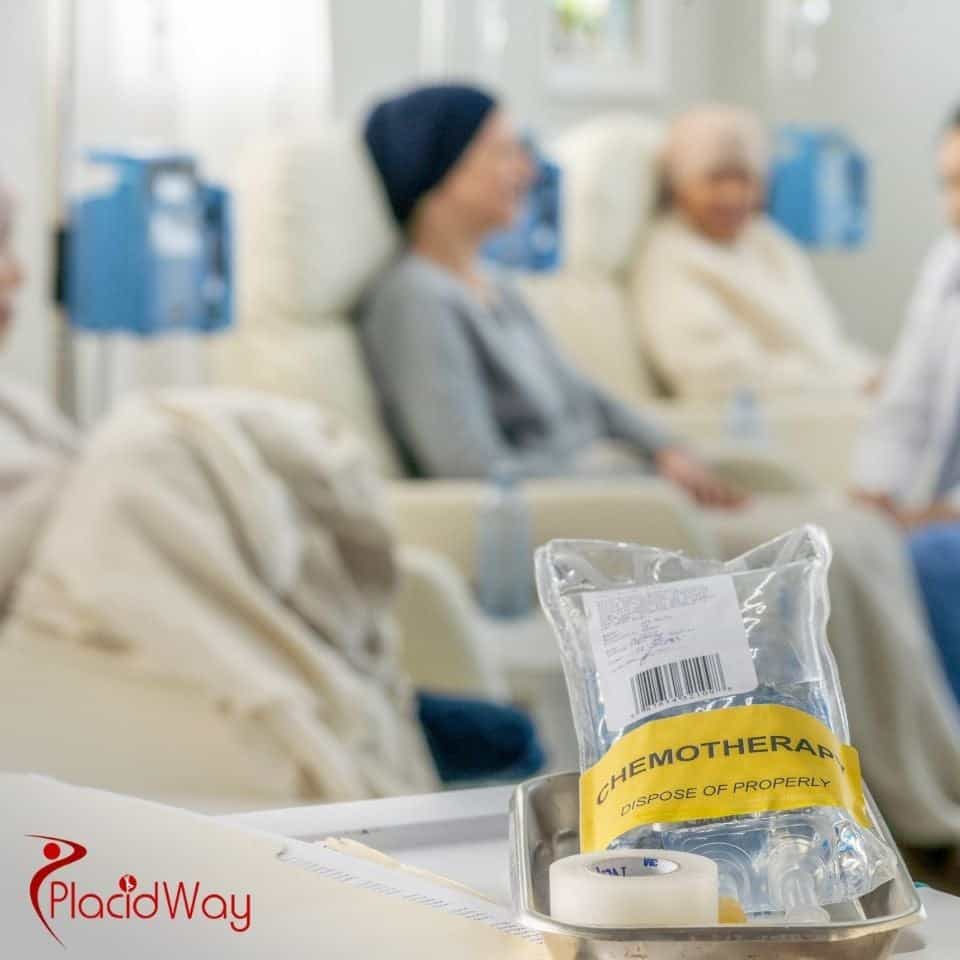
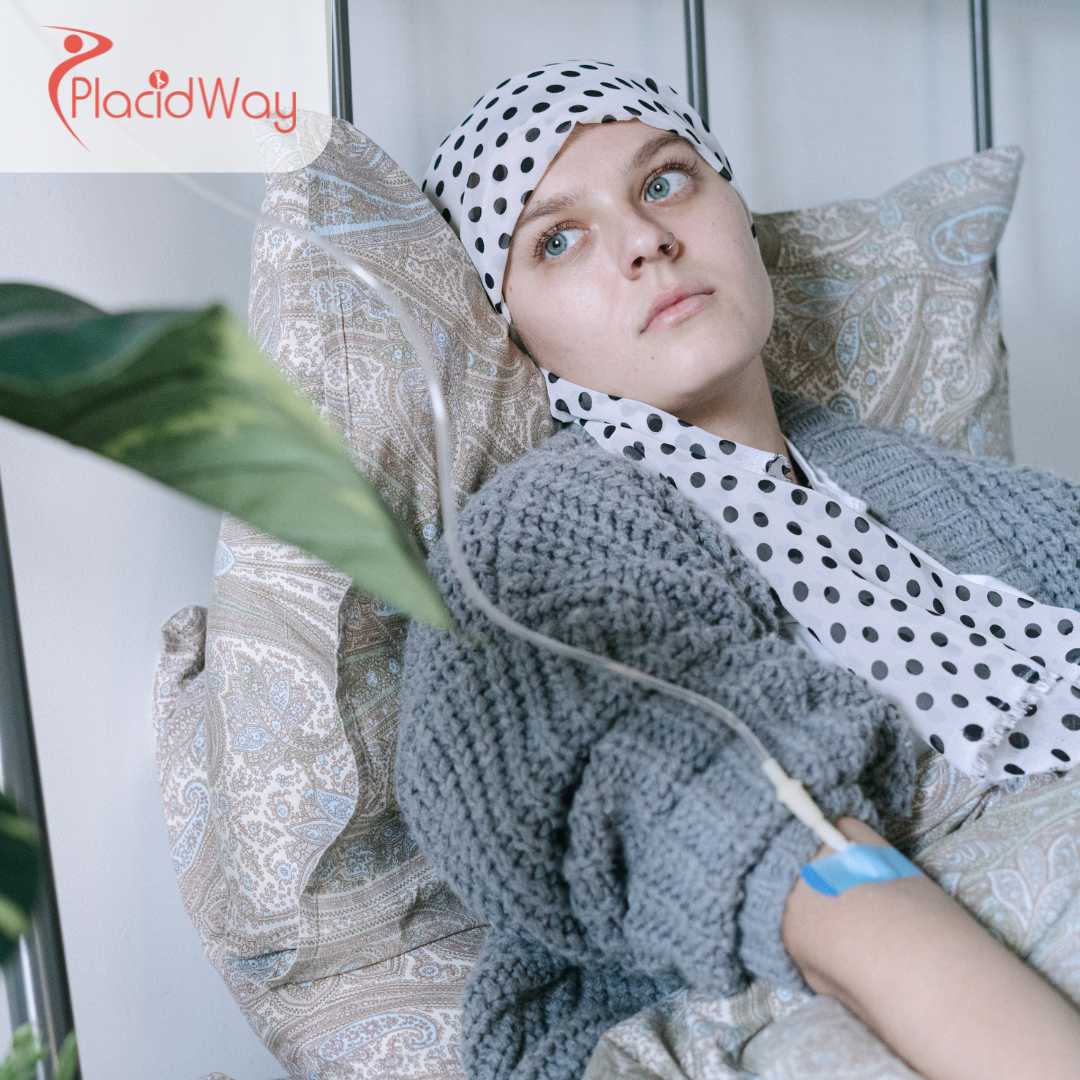

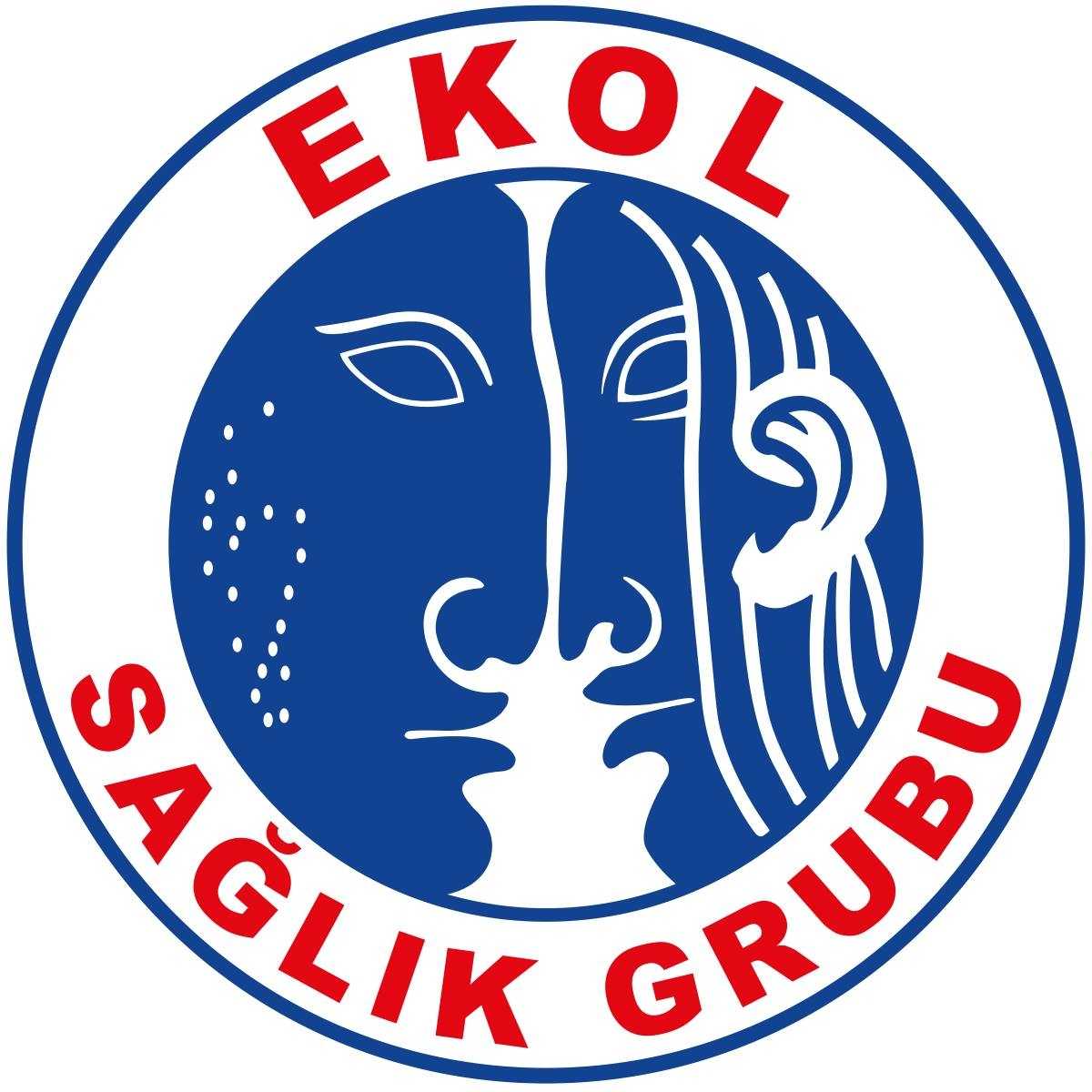
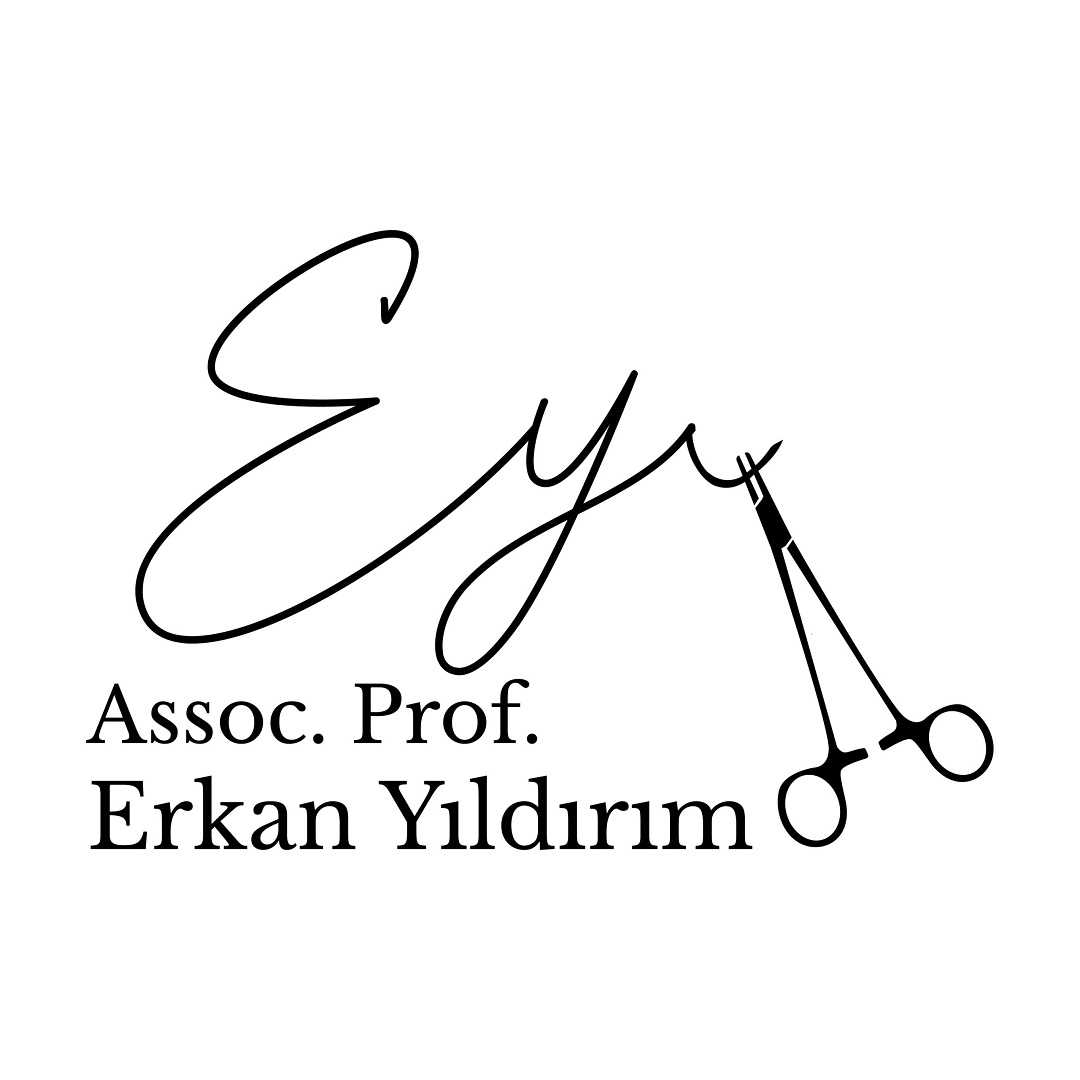



Share this listing